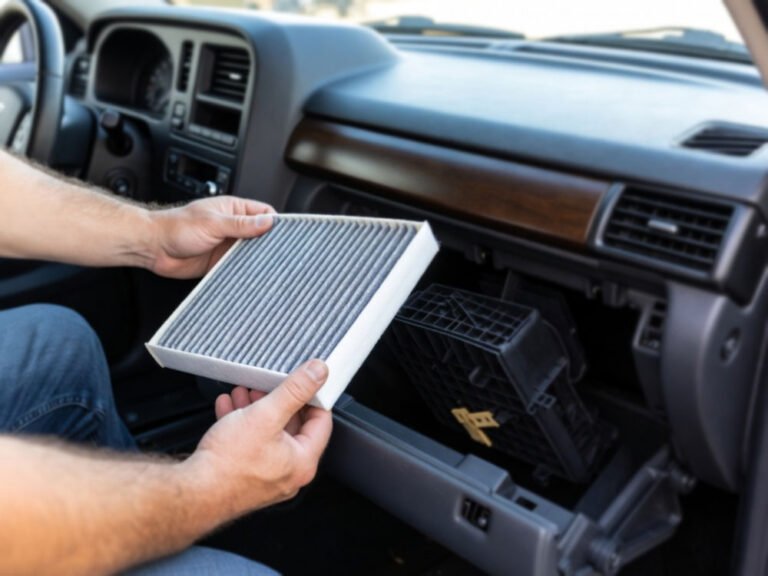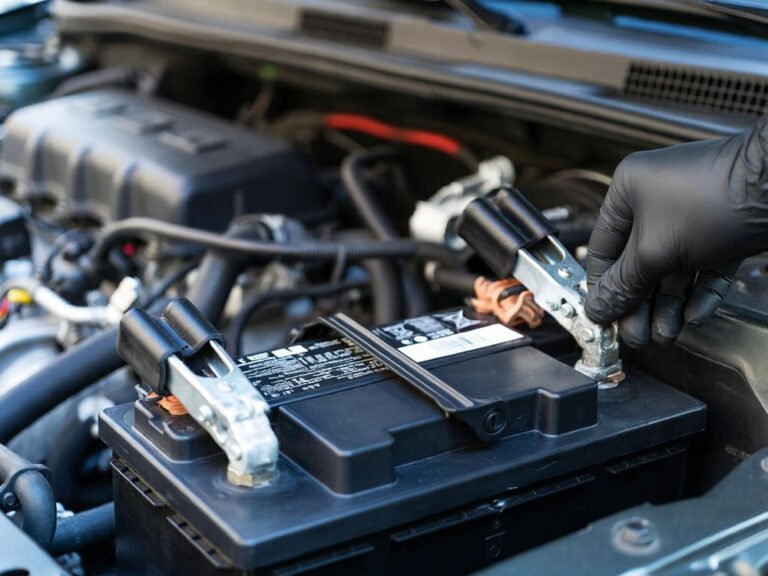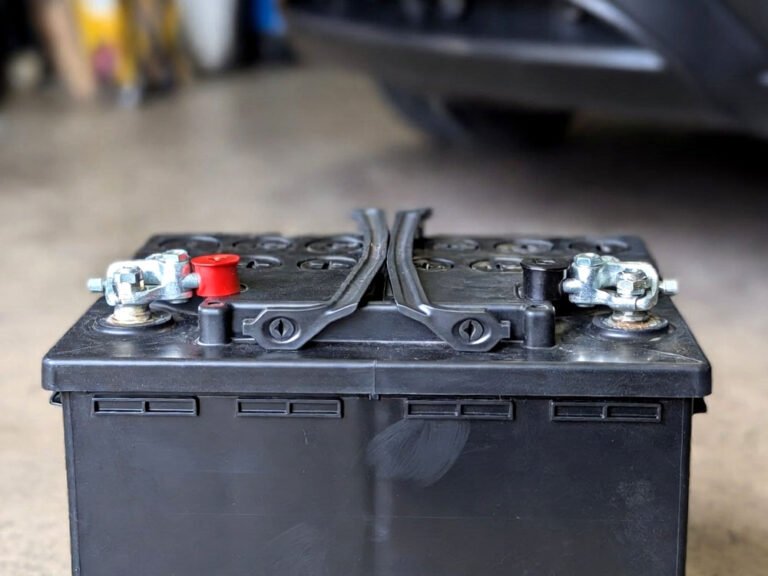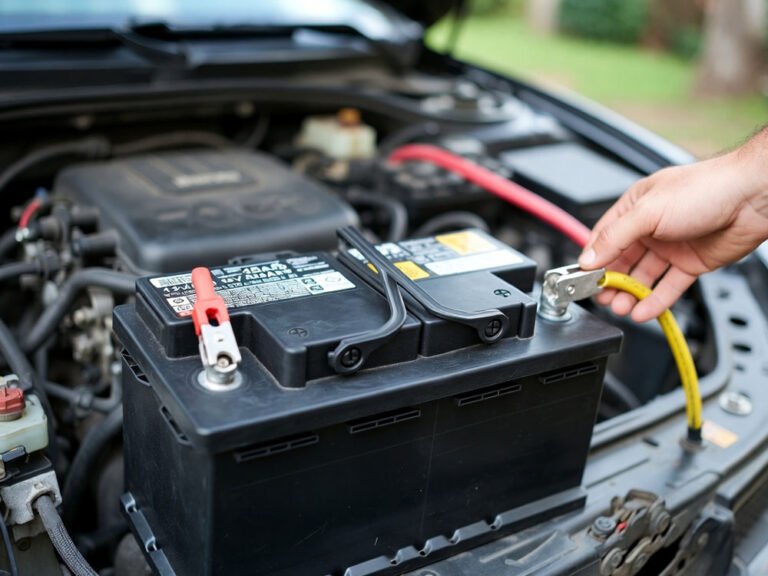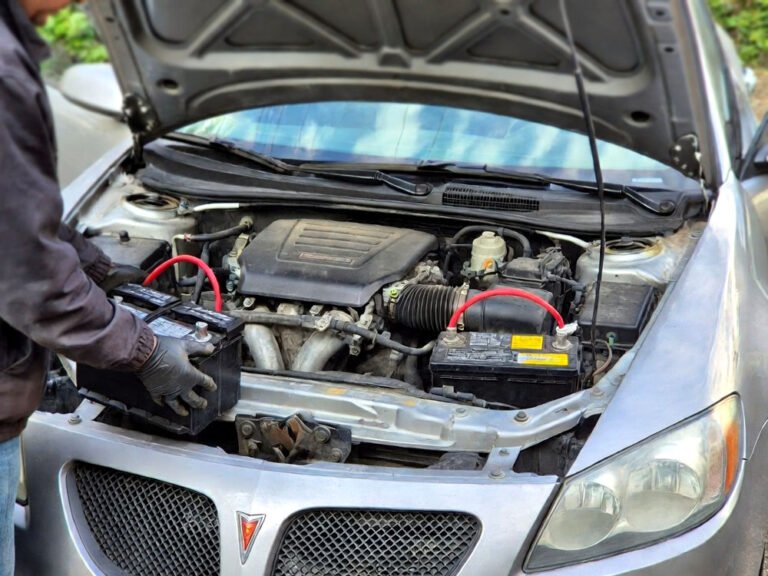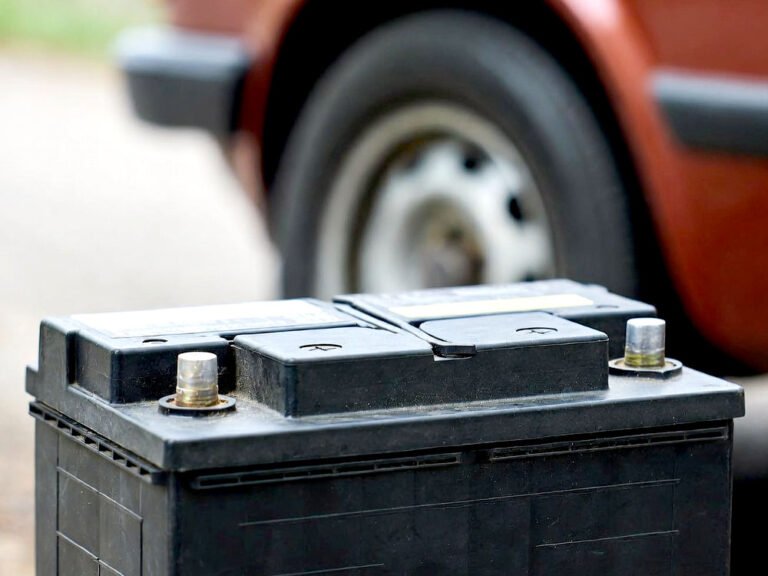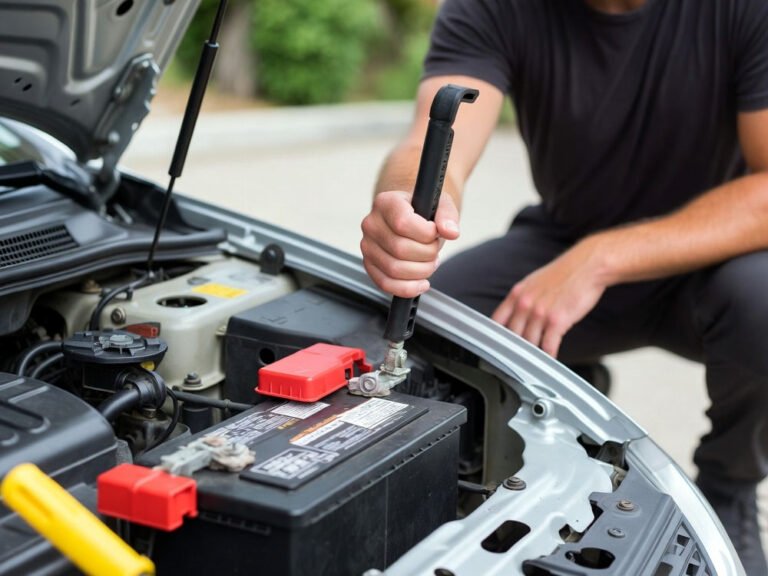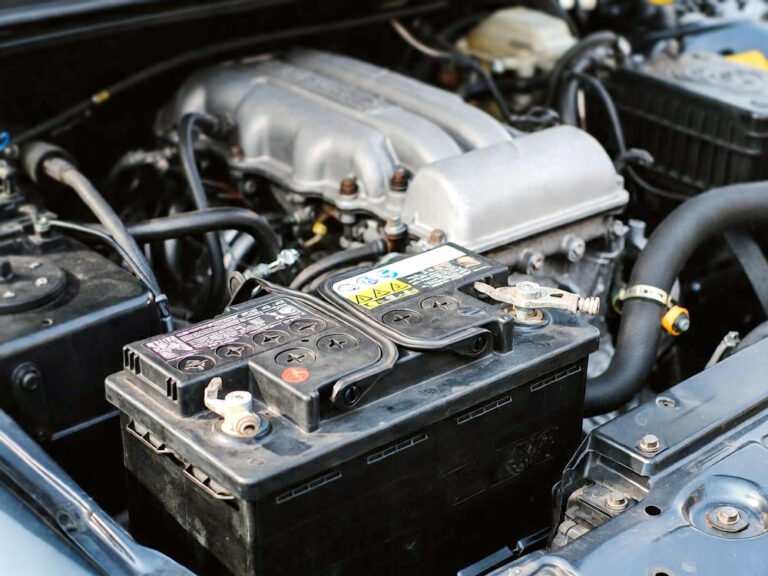Prevent rats from eating car wires by using rodent repellent and keeping your vehicle clean and free of food sources. Rats can cause significant damage to car wiring, leading to costly repairs and inconvenience.
Taking proactive measures to deter rats can save you time and money in the long run, while also protecting your vehicle.
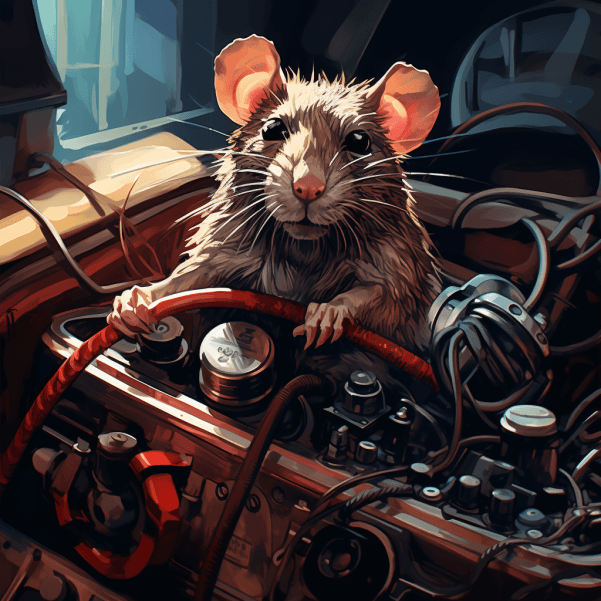
Credit: www.howtopreventratsfromeatingcarwires.com
Understanding The Problem
If you’re a car owner, the last thing you want is to discover that rats have been munching on your car wires. Not only can this be frustrating, but it can also lead to costly repairs. Understanding the problem and its causes is the first step towards preventing these rodents from wreaking havoc on your vehicle.
Common Causes Of Rat Infestations
Rat infestations can occur for various reasons, ranging from environmental factors to human activities. Here are some common causes of rat infestations:
- Poor sanitation: Rats are attracted to cluttered and dirty environments, providing them with ample hiding spots and food sources.
- Proximity to rat habitats: Living close to areas with high rat populations, such as fields or wooded areas, increases the chances of rats finding their way to your car.
- Open food sources: Leaving pet food or garbage exposed can entice rats to venture closer to your car, increasing the likelihood of wire damage.
- Access points: Rats can easily enter your vehicle through small openings, such as damaged weather stripping or holes in the undercarriage.
Why Do Rats Chew On Car Wires?
Rats have a natural instinct to chew, and car wires provide them with the perfect opportunity to satisfy their gnawing needs. Several factors contribute to this behavior:
- Teething: Like other rodents, rats’ teeth continuously grow, and they need to keep them trimmed down. Chewing on wires helps them wear down their teeth.
- Nesting material: Rats often seek out warm and cozy areas to build their nests. Car engines and wiring harnesses provide an ideal location, and chewing on wires helps them create bedding material.
- Taste: Certain components in car wires, such as soy-based insulation, can have an appealing taste to rats, further motivating them to chew.
Now that we’ve explored the common causes of rat infestations and why rats chew on car wires, let’s move on to the preventive measures you can take to protect your vehicle.
Prevention And Protection
Rats can cause significant damage to car wires, leading to expensive repair bills. However, by taking some simple prevention and protection measures, you can safeguard your vehicle from these pesky rodents. In this section, we will discuss three effective strategies to keep rats away from your car: keeping your parking area clean, sealing entry points, and using natural deterrents.
Keep Your Parking Area Clean
Keeping your parking area clean is crucial to deterring rats from approaching your car. Rats are attracted to garbage and food leftovers, so eliminating potential sources of food is a key preventive measure. Follow these tips to maintain a clean parking area:
- Dispose of any trash properly and regularly. Make sure garbage bins are tightly sealed to prevent rats from accessing the contents.
- Avoid leaving food in your car or the surrounding area, especially overnight.
- If you notice any fallen fruits or bird feeders nearby, promptly remove them as they can attract rats.
- Clean up any spills or crumbs that may be present in your car. Regularly vacuum your car’s interior to remove any potential food sources.
Seal Entry Points
Sealing entry points is essential to prevent rats from accessing your car in the first place. Rats can squeeze through small openings, so it’s crucial to identify and seal any potential entry points. Here are some steps to follow:
- Inspect your car thoroughly, paying close attention to areas where rats can enter, such as openings around AC vents, wiring harnesses, and gaps around doors and windows.
- Use wire mesh and sealant to cover openings and gaps. Ensure that the materials you use are rat-proof and durable.
- Focus on areas where wires and cables enter your car’s engine compartment. Make sure they are properly fitted and insulated to deter rats.
Use Natural Deterrents
Another effective strategy to prevent rats from feasting on your car wires is to use natural deterrents. Rats have a keen sense of smell, and certain scents can repel them. Here are a few natural deterrents that can help:
- Peppermint oil: Rats dislike the strong smell of peppermint oil. Soak cotton balls in peppermint oil and place them strategically in your car’s engine compartment.
- Mothballs: These strong-smelling balls contain naphthalene, a chemical that repels rats. Place a few mothballs in a breathable container and position them near your car’s engine.
- Cayenne pepper: Sprinkle cayenne pepper around your car’s parking area. Rats find the spicy taste and scent unpleasant.
- Ultrasonic repellent devices: These devices emit high-frequency sound waves that are disliked by rats. Install ultrasonic repellent devices around your parking area to discourage rats from approaching.
Effective Solutions
Rats chewing on car wires can be a major headache, causing serious damage and leading to expensive repairs. However, with the right preventative measures in place, you can protect your vehicle from these pesky rodents. In this article, we will explore three effective solutions to prevent rats from eating car wires: installing wire covers, using ultrasonic repellents, and setting up traps.
– Install Wire Covers
One of the most reliable ways to prevent rats from gnawing on your car’s wires is by installing wire covers. These protective coverings act as a barrier, making it difficult for rats to access the wires. You can find wire covers that are specifically designed for car wires at your local automotive store or online. When installing the covers, make sure they are tightly secured and cover all exposed wiring areas.
– Use Ultrasonic Repellents
Another effective solution to deter rats from your car is by using ultrasonic repellents. These devices emit high-frequency sound waves that are inaudible to humans but highly discomforting for rats. Ultrasonic repellents create an unpleasant environment for rodents and discourage them from getting close to your vehicle. Simply plug in the device inside your car or place it nearby, ensuring maximum coverage of the targeted area.
– Set Up Traps
Setting up traps can be an effective and proactive approach to dealing with rats. There are various types of traps available, such as snap traps, glue traps, and live traps. Snap traps are commonly used and can be strategically placed near areas where rats are likely to enter your vehicle, such as the engine compartment. Glue traps can be placed on the floor of your garage, and live traps can be used if you prefer to catch and release the rats elsewhere. Make sure to regularly check the traps and dispose of any caught rats safely.
By implementing these effective solutions – installing wire covers, using ultrasonic repellents, and setting up traps – you can greatly reduce the risk of rats chewing on your car wires. Protecting your vehicle from these unwanted guests will save you from the hassle and expenses of repairs, ensuring a smooth and trouble-free driving experience.

Credit: malumltd.co.uk

Credit: www.amazon.com
Conclusion
To effectively prevent rats from chewing on car wires, it is crucial to address the root causes. By maintaining a clean environment, eliminating potential food sources, and implementing preventative measures such as rodent-proofing your car, you can significantly reduce the risk of rats causing damage to your vehicle.
Stay vigilant and regularly inspect your vehicle to catch any signs of rats early on. Implementing these strategies will ensure your car remains safe from potential wire-chewing damage.


